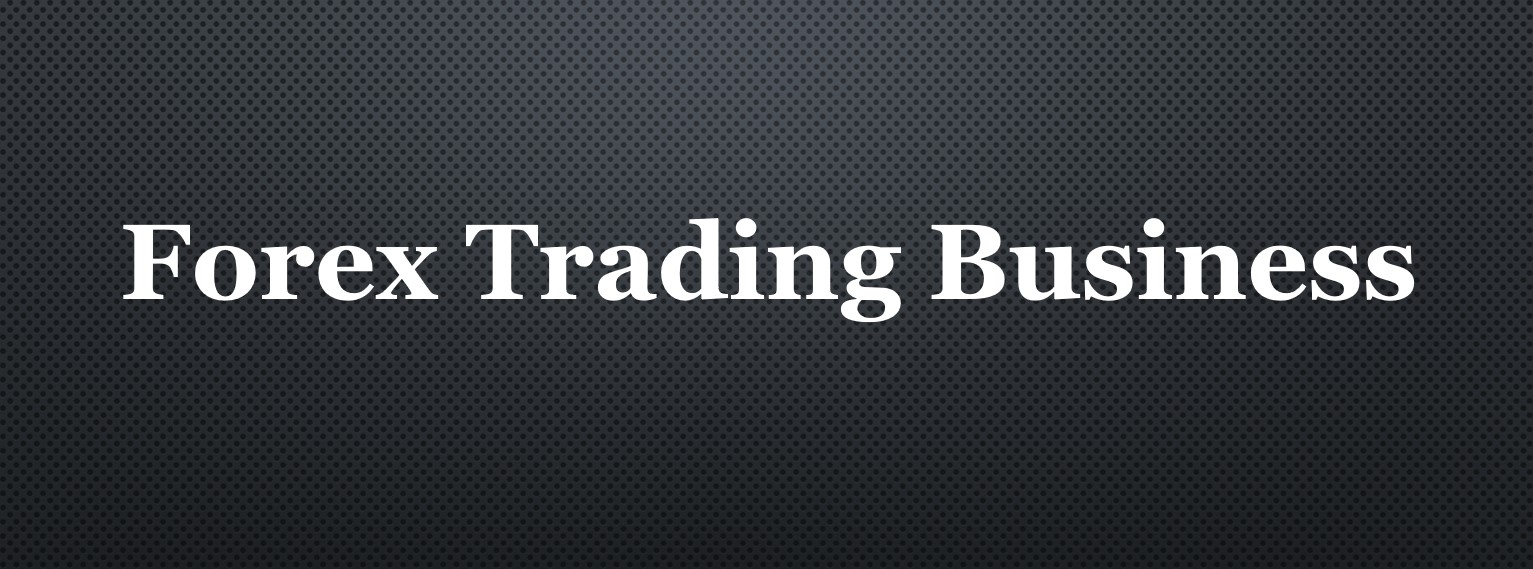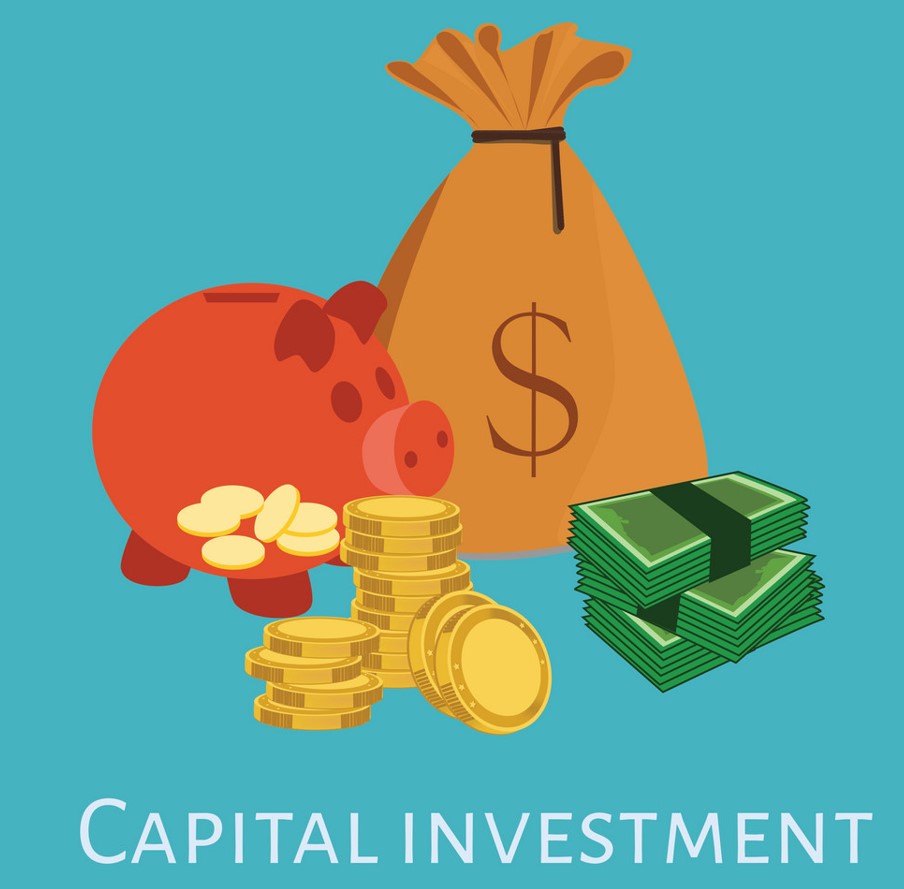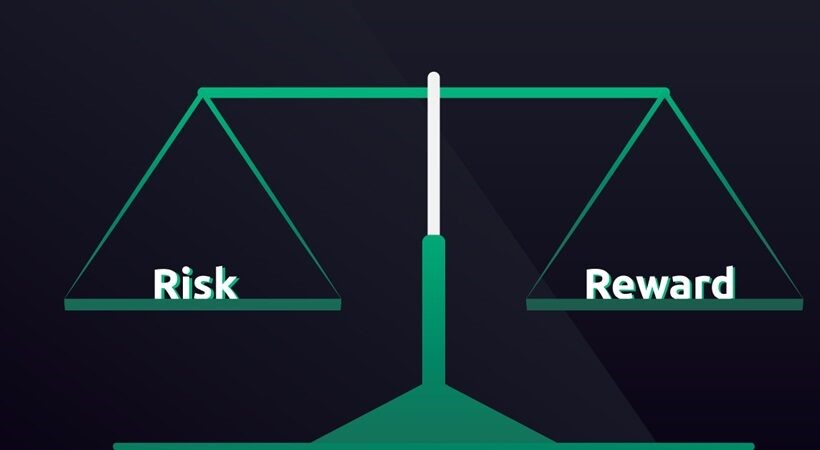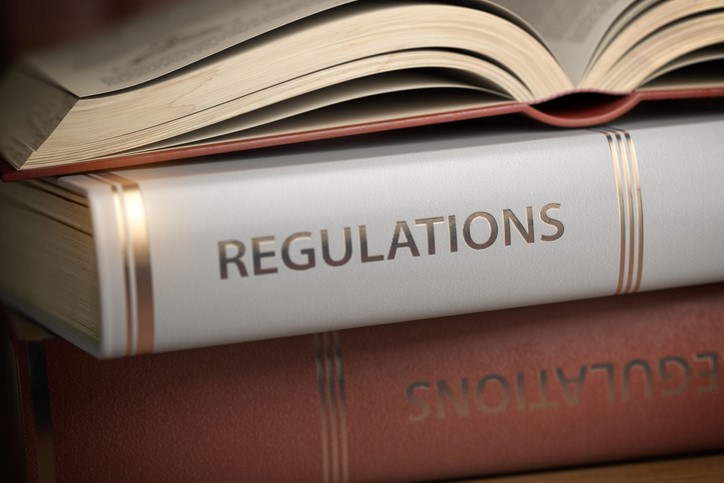Starting and operating a company is analogous to forex trading. Successful traders have mastered the technique of approaching trading like a company, giving them an advantage that has allowed them to survive market cycles and make a fortune in the process.
Contrary to popular belief, forex trading is neither a kind of gambling nor a get-rich-quick scheme.
It is not a location where individuals go to transform $60 into $200,000. Like any other sector, Forex trading should be done with prudence, given the constant balance of risks and benefits.
Self-discipline and self-awareness are essential to success in the forex market, just as they are in business. Similarly, trading should be viewed like any other day job, with the exception that one is their employer. Traders, like entrepreneurs, control their fate.

Forex Trading Vs. Business Similarities:
Business Plan:
When establishing a business, it is critical to have a business strategy. A trading strategy is also essential while trading in the forex markets.
A business plan outlines what entrepreneurs should do to maintain, sustain, and expand their companies. Similarly, a trading strategy is a set of guidelines that traders follow while making and completing deals.
A trading strategy will also include what is necessary to begin a trading profession, from trading equipment to regulatory permissions.
Successful traders follow a precise strategy to enter and exit transactions. Similarly, business owners have a strategy in place for launching new goods or services to a specific market.

Capital Investment:
Forex trading is similar to launching and maintaining a company in that cash must be invested to earn profits.
The amount of money a trader has put in the forex market is what allows them to successfully open and close positions. While it is possible to increase the amount of money invested, it is also possible to lose money if the market collapses.
Similarly, starting a firm is a capital-intensive undertaking in which a significant amount of cash is necessary to earn profits via sales or service delivery.
There is always the possibility of earning money by selling products and services.
However, there is a danger that the invested funds will be lost due to customers neglecting to purchase the things or services on sale.

Risk And Reward:
Traditional companies and forex trading have much in common for risk and return. When investing in any of these, the goal is to maximize profits while minimizing risk.
Trades in the Forex markets are opened and closed solely based on the underlying risk-reward profile.
While a high-risk transaction may result in a bigger payout at times, traders must balance risk and reward to continue in the game for a long time.
Similarly, high-risk ventures offer bigger profits in a shorter period. On the other hand, Entrepreneurs weigh the risks involved before embarking on such enterprises.

Regulation:
A legitimate company follows the rules and regulations established by authorities in a specific territory. Permits and licenses required to run a company are examples of regulation.
Entrepreneurs must provide the information they used to register their company to get permits and licenses.
Similarly, traders are usually encouraged to engage with licensed and trustworthy brokers.
Furthermore, as part of Know Your Customer procedures, forex brokers demand traders to first authenticate their identity using items such as identification cards, passports, or utility bills.

What You Need To Set Up A Forex Business:
Now that you’re aware of the possible benefits and drawbacks of establishing a forex market, here are some items you’ll need to get started.
Proficiency In Forex:
It should probably go without saying. You don’t become a doctor unless you know how to treat people. Using the same rationale, you must be skilled in forex before embarking on a career in forex trading.
A Business Plan:
Like any other firm, one of the first steps is to develop a thorough business strategy. This strategy should include all you expect to accomplish with your forex firm. It should also contain stages for how you intend to achieve your objectives.
What currency pairs you aim to trade and how much time you want to devote to trading are two examples of what should include in your forex business plan. Your company’s plan should involve profit projections along with risk mitigation techniques.
Gather A Substantial Capital:
Is it possible to start a forex company with $100? Perhaps you can. Is it, nevertheless, recommended? No. Starting a forex market with less than $1000 may not be the ideal decision unless you want your forex business to expand at an agonizingly slow pace or you wish to take an extreme risk.
A Respectable Broker:
You may not fully get the significance of selecting a trustworthy broker until you begin dealing with large accounts. No matter how little your forex business capital is, you anticipate the company and your forex account to expand over time.
When this occurs, you should have built a relationship with a broker that executes your transactions on time, provides the least stressful withdrawals, and has minimal spreads, and fair leverage.
How To Make Your Forex Trading Business Profitable?
There’s a lot that goes into being a consistently effective Forex trader. So, in this little discussion, we will not go into all of the specifics.
However, We will provide you with a rough sketch of what We believe to be the most crucial piece of the jigsaw of making your Forex trading company lucrative.
If you want to be a successful trader, you must ensure that your winning trades more than cover all of your trading expenses. So there are essentially two ways to go about it:
1. Have a high proportion of winning transactions over losing ones.
2. Make your winning transactions much better than your lost ones.
It’s safe to say that option number 2 is far more user-friendly for traders with even a little amount of live account trading expertise.
What we’re talking about here is risk vs. return. If we strive for a risk-reward ratio of 1:2 on each transaction, we only need to be correct 35 to 40% of the time to generate a respectable profit.
Most professional traders do not win 70 or 80 percent of their trades, but 40 to 60 percent of their transactions.
They recognize, however, that by ensuring that their wins outnumber their losers by a significant margin, they can alleviate the strain of needing to win a large proportion of the time.
One thing to keep in mind is that you don’t have to be correct to earn money trading. You may be incorrect more often than you are right and yet earn money in the markets.
Given that winning a high percentage of the time in the markets is tough, it’s much easier to leverage the power of risk reward to ensure that your successful transactions significantly outnumber your losing ones.
Conclusion:
As you can see, there are several reasons why forex is not just a legitimate company but also the ideal business model available. It gives leverage, flexibility, lower total risk, and scalability.
Finally, the best aspect about trading, in general, is that it will never die. Trading will always be one of the key acts that influence the markets worldwide, regardless of age or trends.